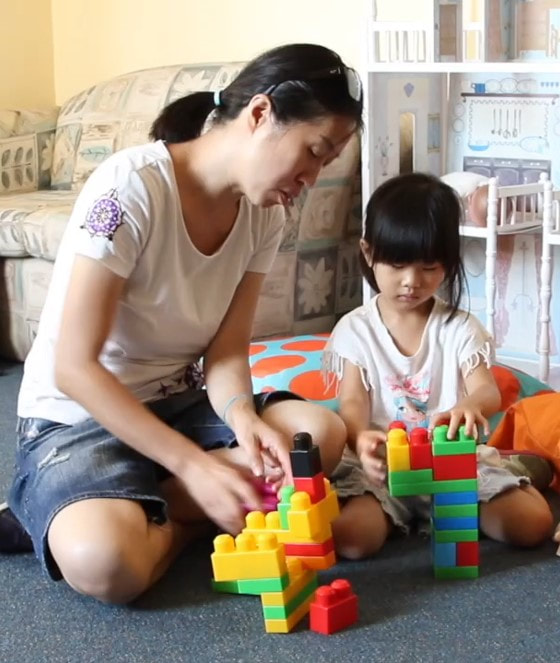|
Cultural Perspectives in Education & Care
“We are currently struggling with children who can’t speak English and follow around two of our Educators that speak Mandarin. Our other Educators have tried to build connections, but the children don’t go near them. Our Mandarin Educators are struggling to be available for other children as they need to spend most of their time helping these children settle and explain everything to them.”
0 Comments
Leave a Reply. |
AuthorMeni Tsambouniaris Archives
March 2024
Categories |
|
|
©Diversity Kids 2023. Designed by BlackRhino Creative.
|


 RSS Feed
RSS Feed